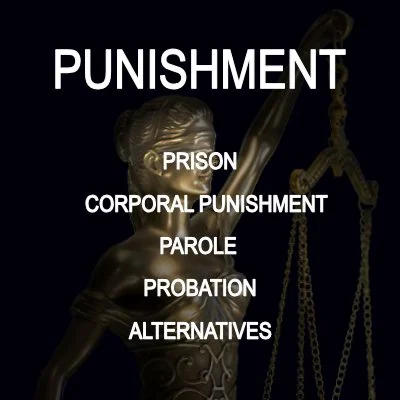Unfair, Deceptive, and Abusive: Prison Release Cards and the Protection of Captive Consumers
By Sunny K. Frothingham
In October 2021, the Consumer Financial Protection Bureau (“CFPB”) announced a $6 million settlement with JPay, a leading provider of financial services in prisons and jails. The consent order detailed how JPay’s prepaid debit cards took advantage of justice-involved people as they were released from carceral facilities. As the CFPB’s first enforcement action under Director Rohit Chopra, the action signaled the Bureau’s concern about incarcerated people’s unique vulnerabilities to exploitative financial products. When someone is released from prison or jail, release funds may include any wages earned during their incarceration, any remaining balances in their prison accounts, or any “gate money” benefits.6 Gate money programs aid re-entry by providing people with modest funding to cover basic transportation, housing, and food expenses in the first hours after release. While these release funds were traditionally available by cash or check, in the mid-2000s many departments of corrections started contracting with financial technology companies to offer prepaid debit cards. Over time, some departments of corrections eliminated the cash or check options and started to require that incarcerated people receive funds on prepaid debit cards. As part of a CFPB rulemaking process that culminated in a final rule on prepaid cards in 2016, a variety of civil rights organizations raised concerns about the predatory nature of prepaid cards in American prisons and jails. In response, the CFPB’s final rule noted that certain prison release cards were already subject to consumer financial protection laws about prepaid cards, and stated that the CFPB was “continuing to monitor financial institutions’ and other persons’ practices relating to consumers’ lack of choice.” A few years later, this commitment to monitor prison release cards came to fruition in the 2021 enforcement action targeting JPay, which identified a variety of consumer protection law violations. According to the CFPB, JPay’s prison release cards took advantage of incarcerated people in several ways, including “[i]llegally requir[ing] consumers in certain states to receive protected government benefits on debit release cards,” “abus[ing] its market dominance,” “[c]harg[ing] fees without authorization,” and “[m]isrepresent[ing] fees to consumers.” The bulk of the violations involved either prohibitions on forcing consumers to use specific financial products to receive wages or government benefits, or prohibitions against unfair, deceptive, and abusive practices. While the order was specific to JPay’s conduct, it significantly clarified legal limits on prepaid debit release cards and can be seen as one step in a broader effort to develop the CFPB’s ability to hold companies accountable for abusive conduct that takes advantage of vulnerable consumers, especially justice-involved consumers. This Note proceeds in six parts and examines how the JPay consent order fits into broader CFPB efforts to protect justice-involved people from predatory financial products. Part II provides context for how preloaded debit cards fit into the broader landscape of prison banking. Part III assesses the statutory and regulatory landscape that applies to prepaid debit cards, including the Electronic Fund Transfer Act (“EFTA”), its implementing rules under Regulation E, and the CFPB’s standard for assessing unfair, deceptive, and abusive practices. Part IV explores the steps that the CFPB has taken under President Biden to expand protections for justice-involved people using existing statutes and regulations. Part V suggests potential next steps for protecting the rights of justice-involved consumers. Part VI summarizes and concludes this Note.
28 N.C. BANKING INST. 227 (2024).


